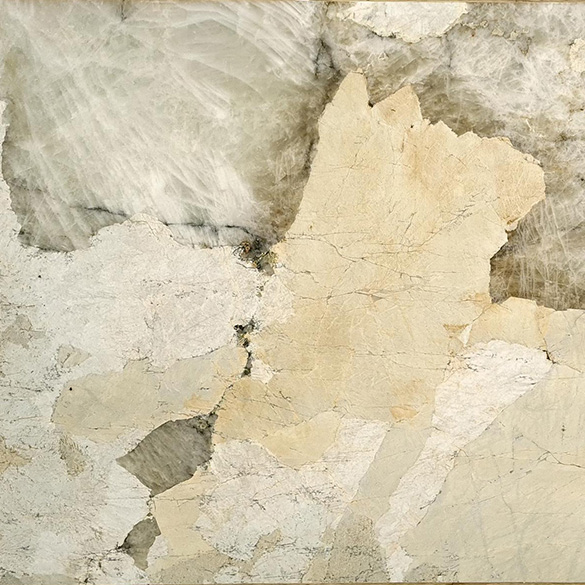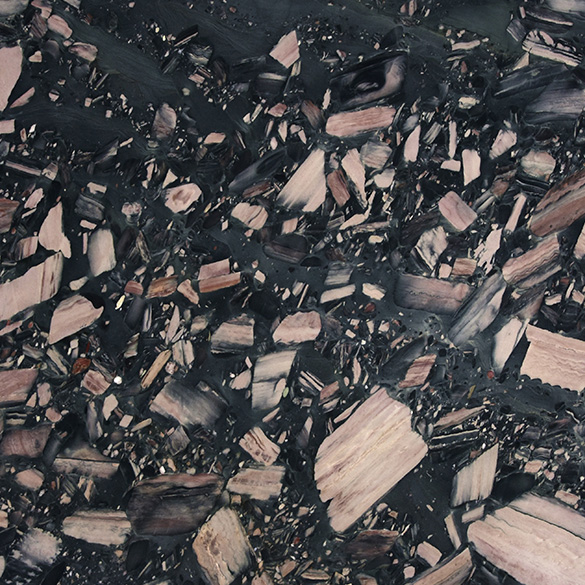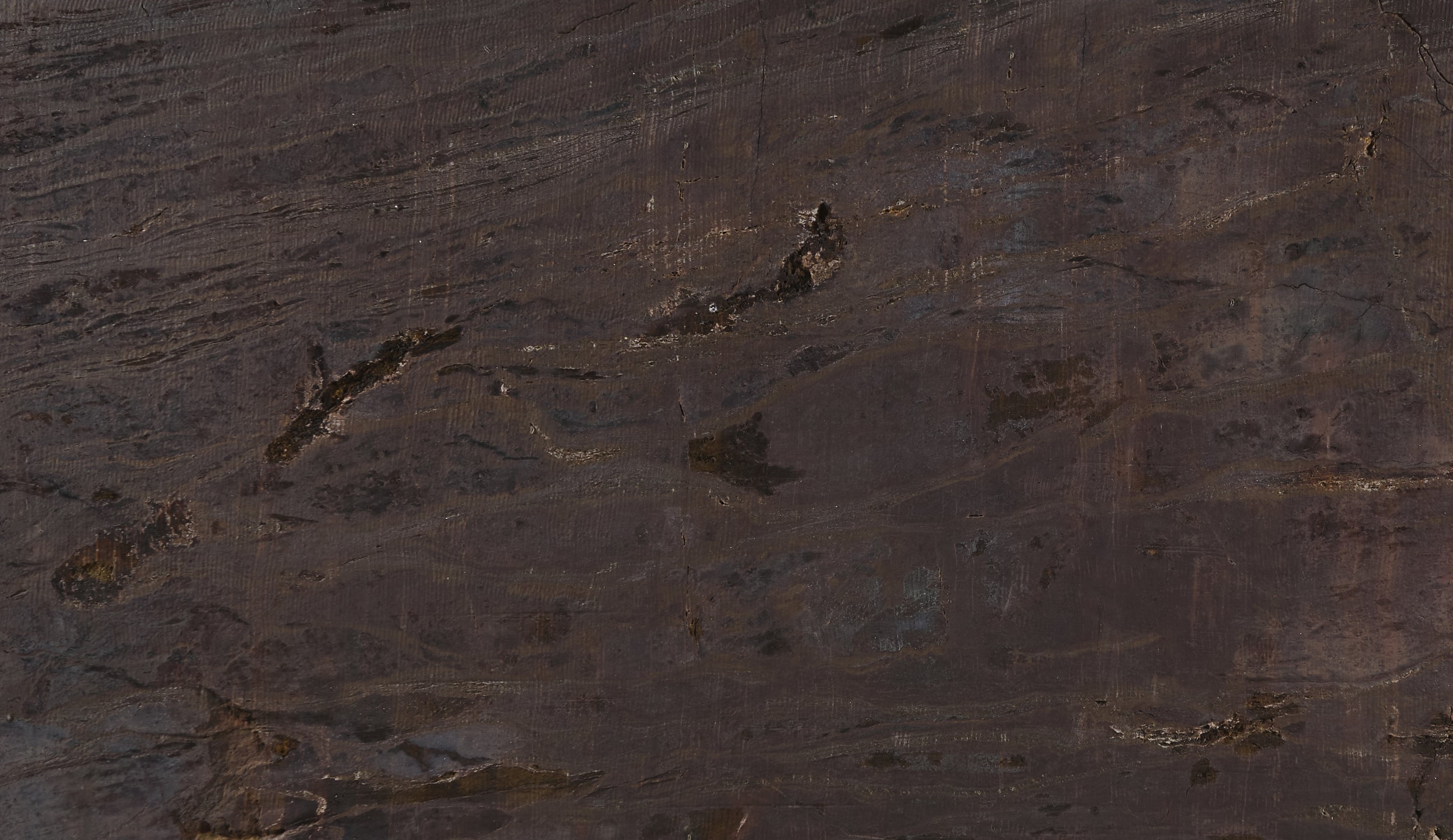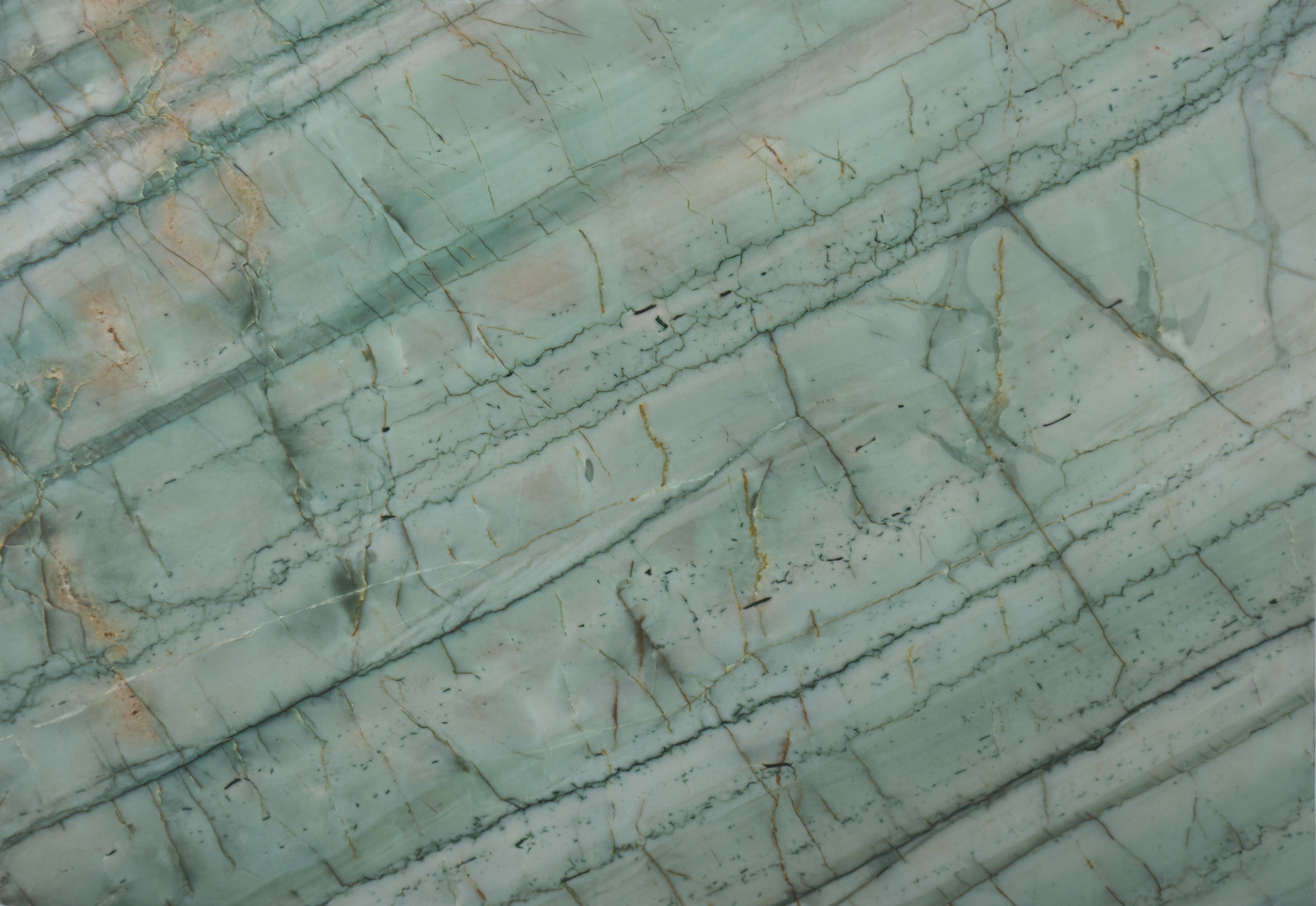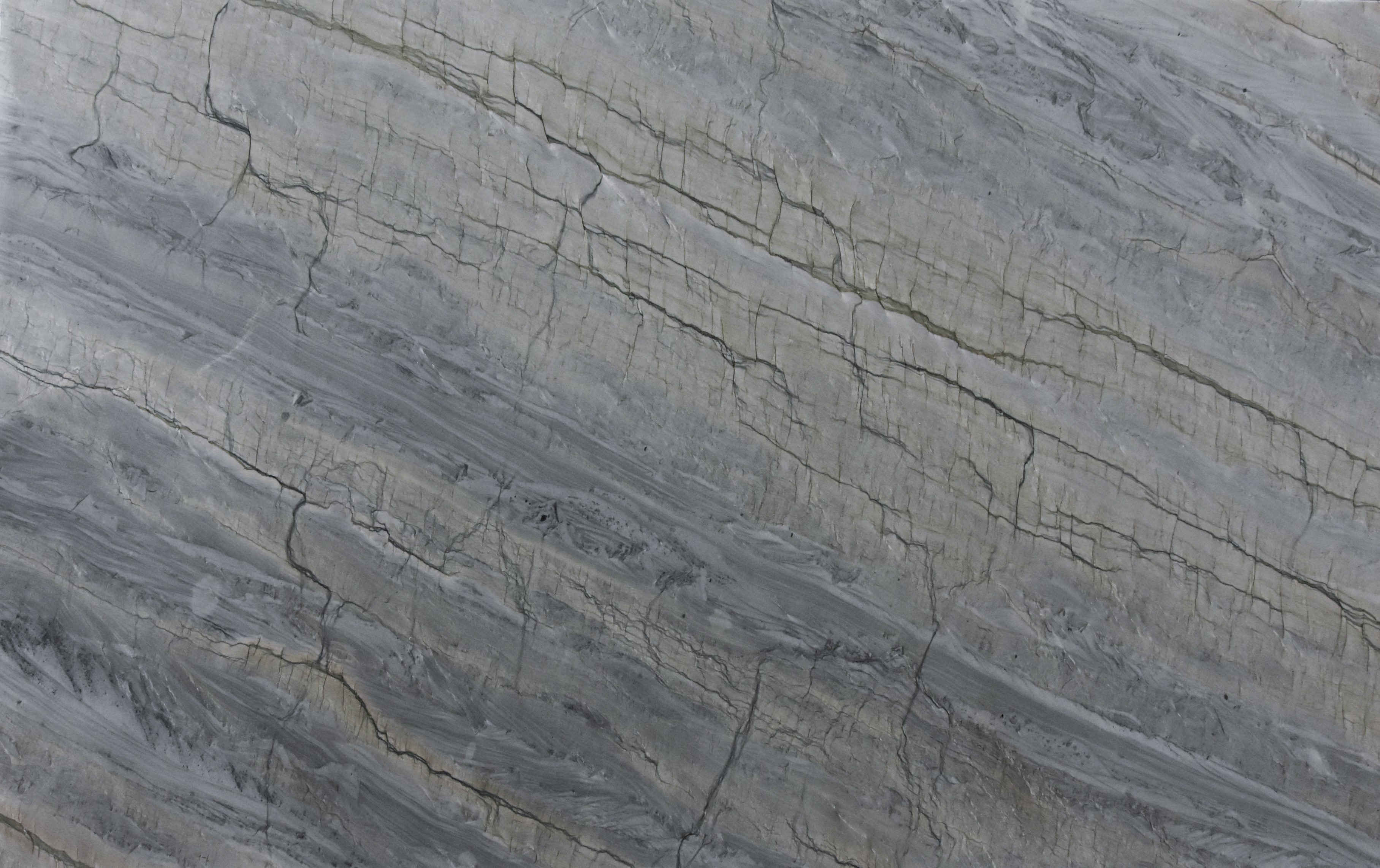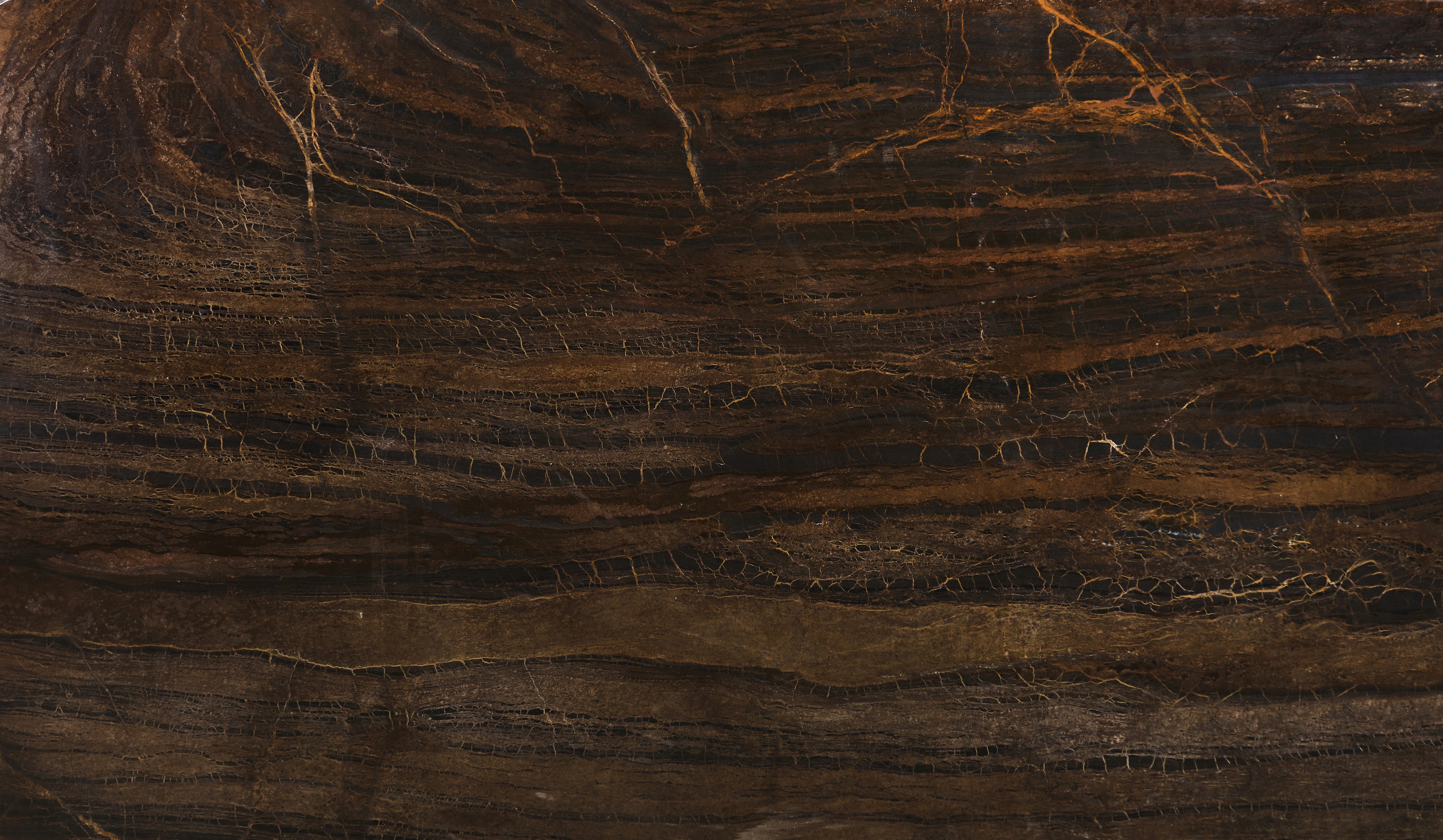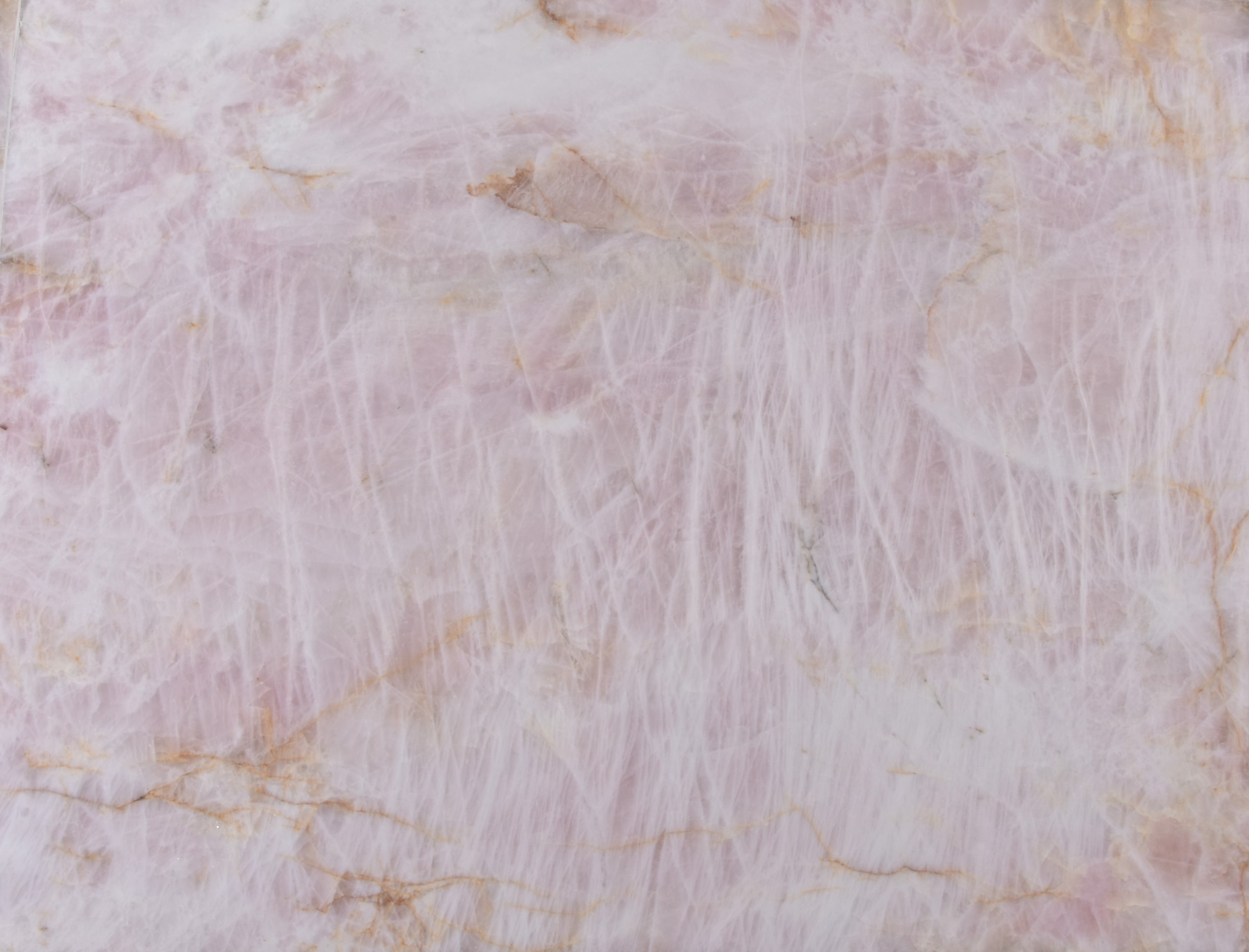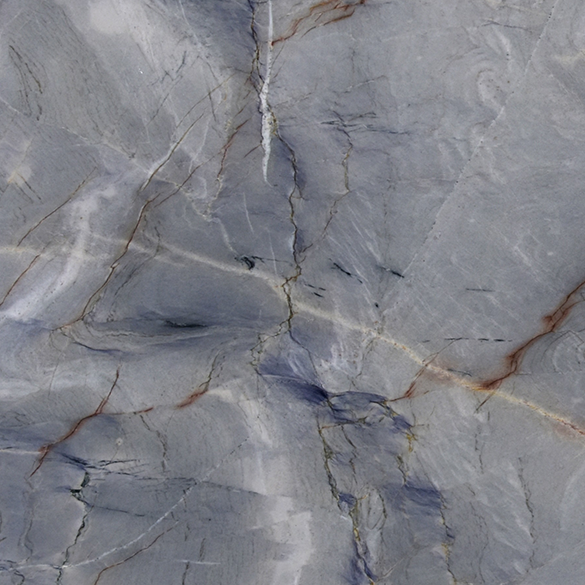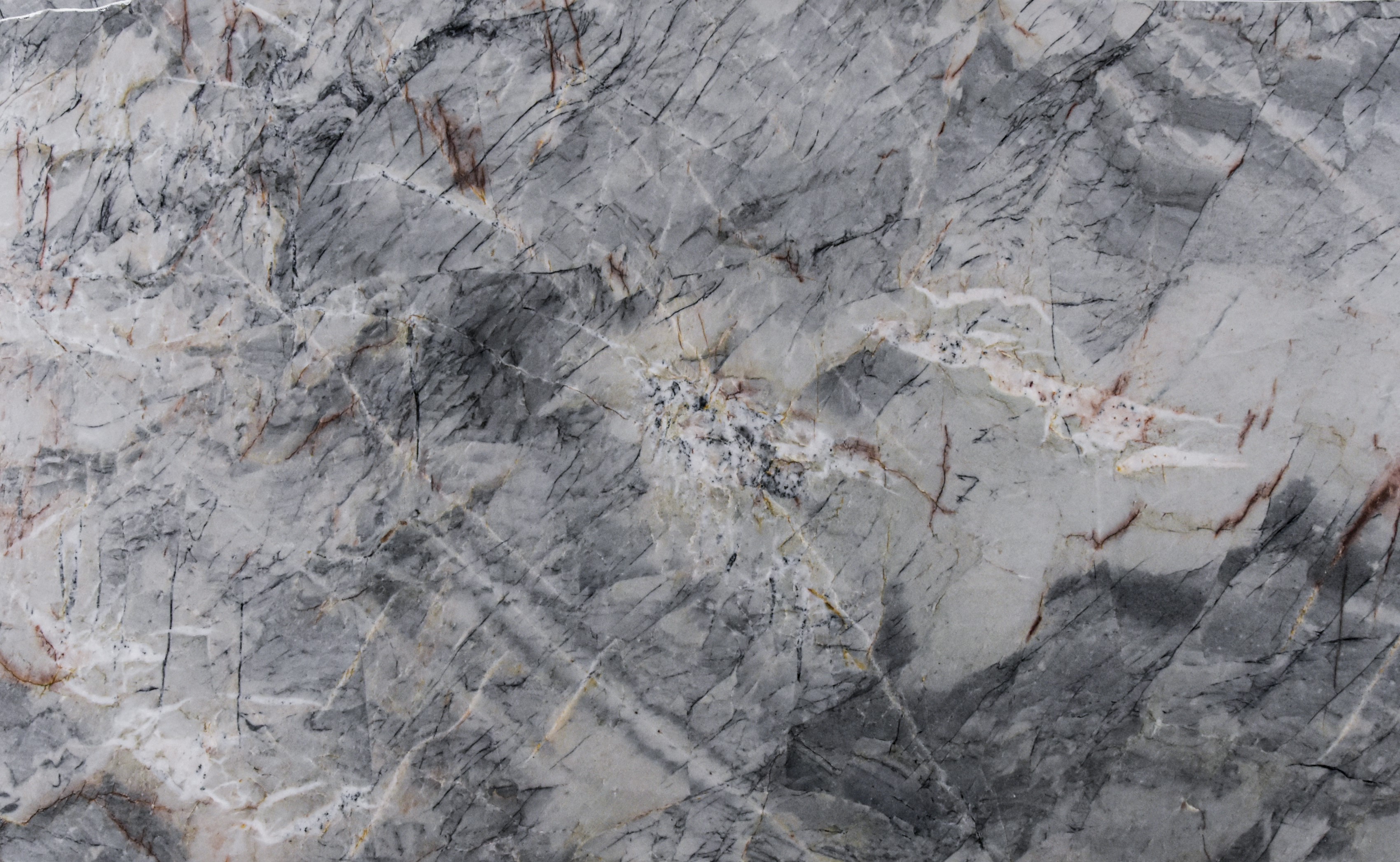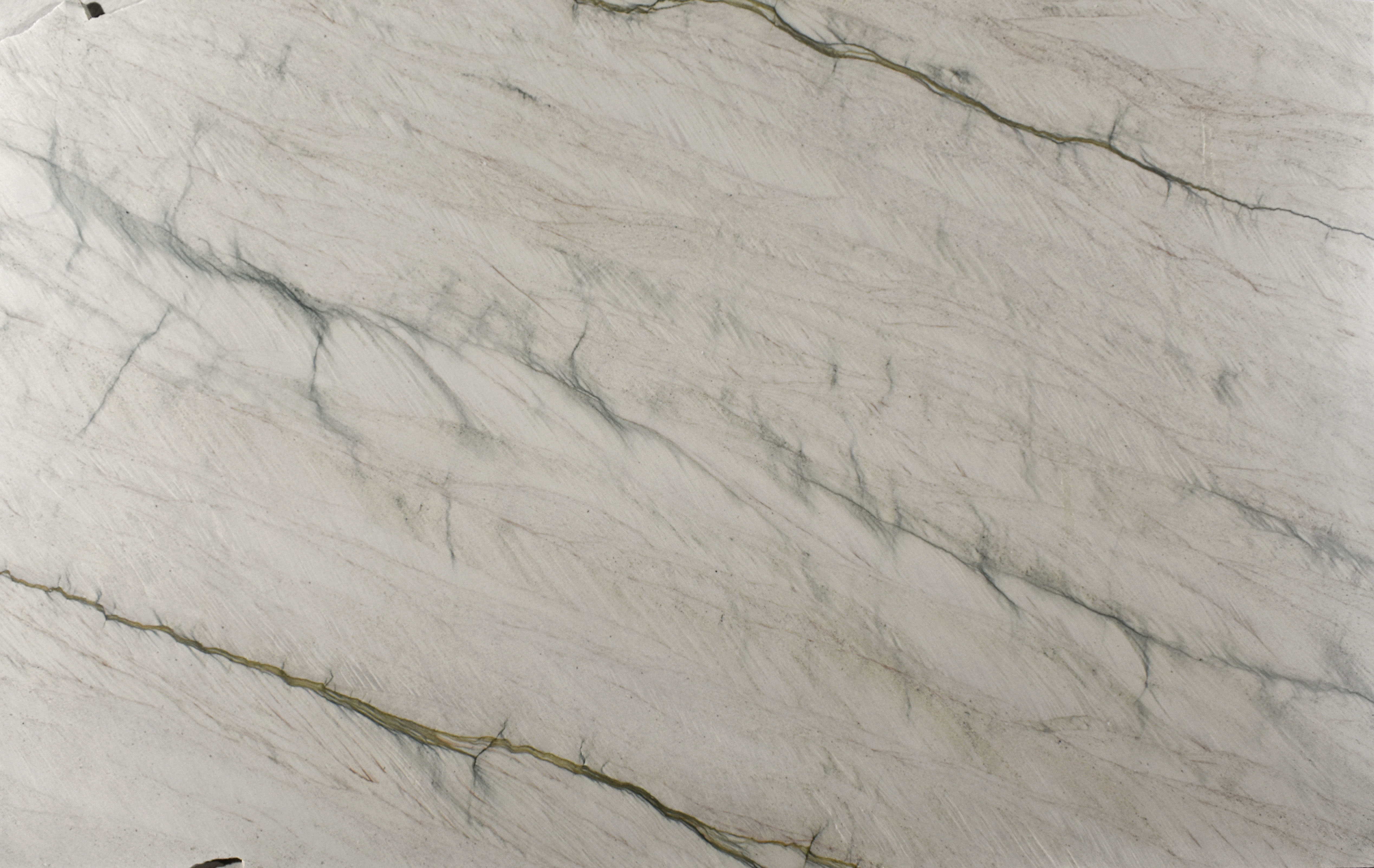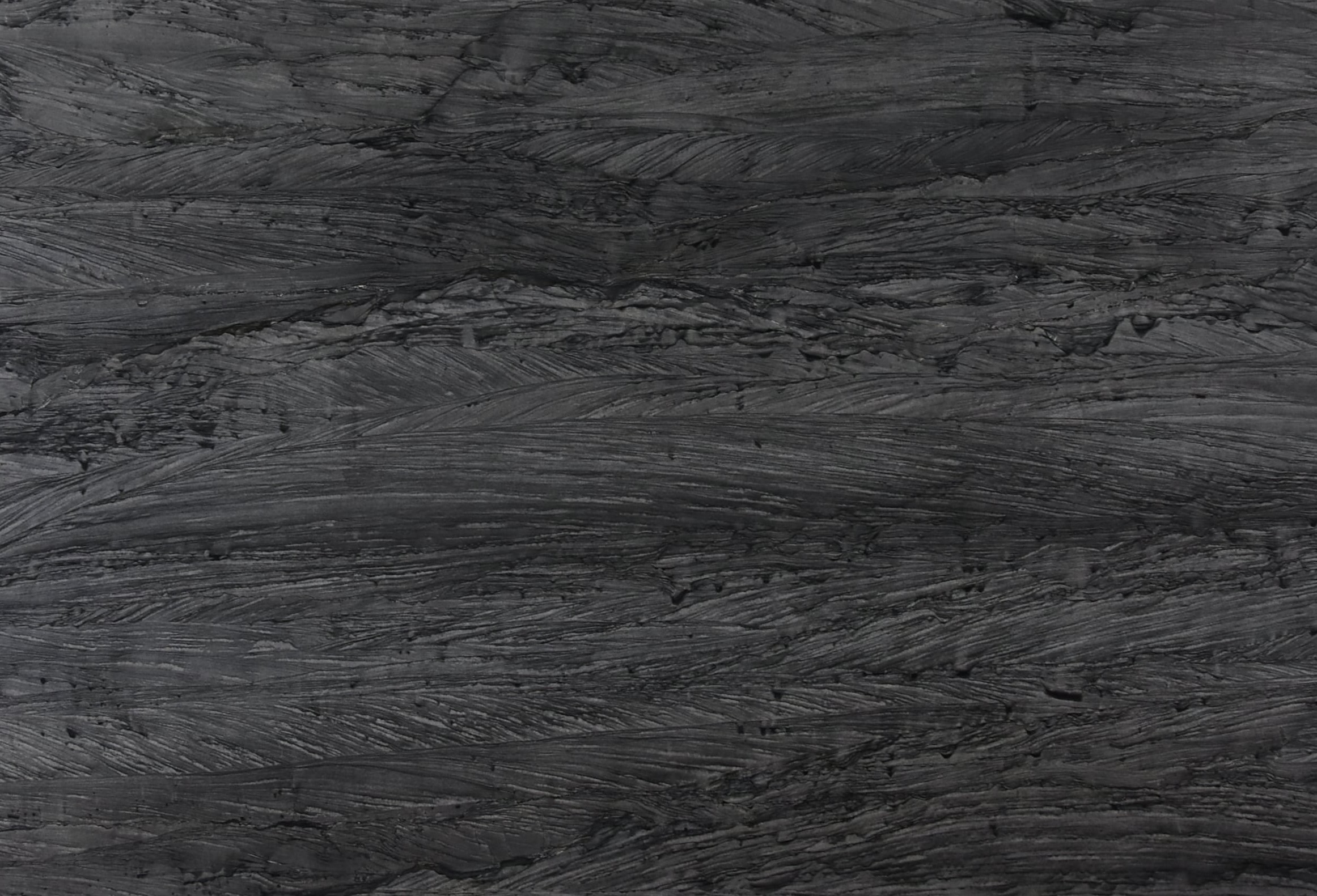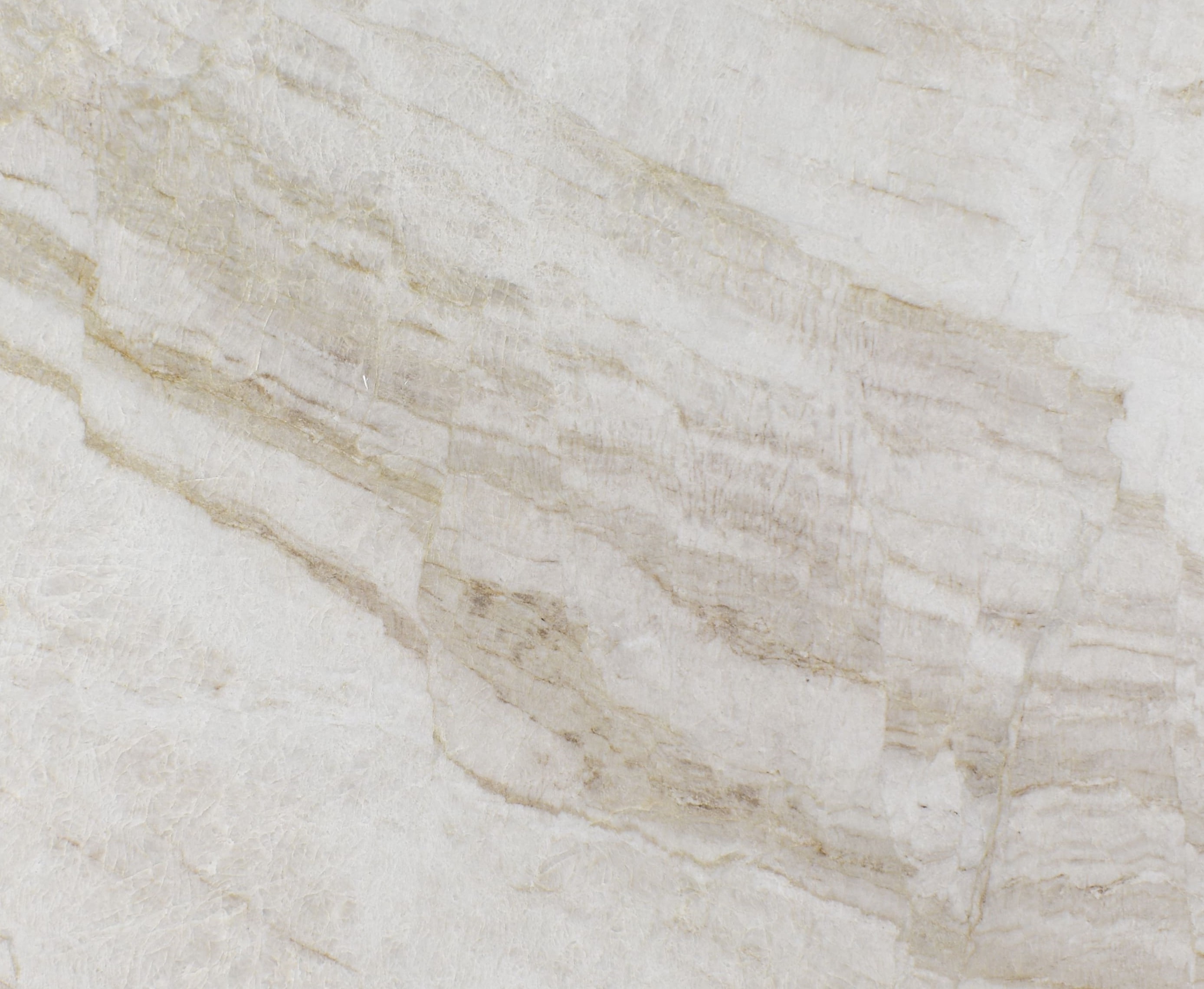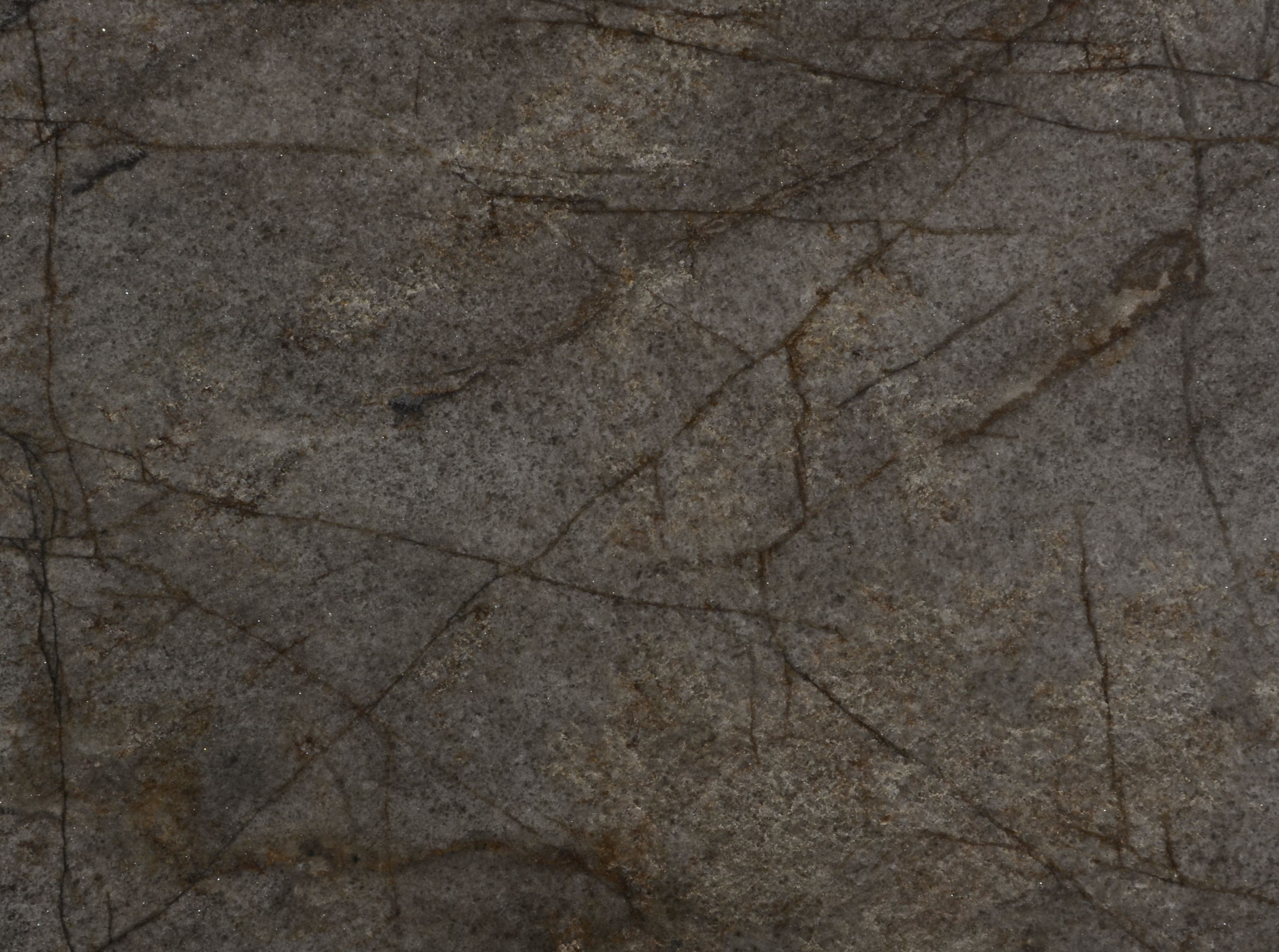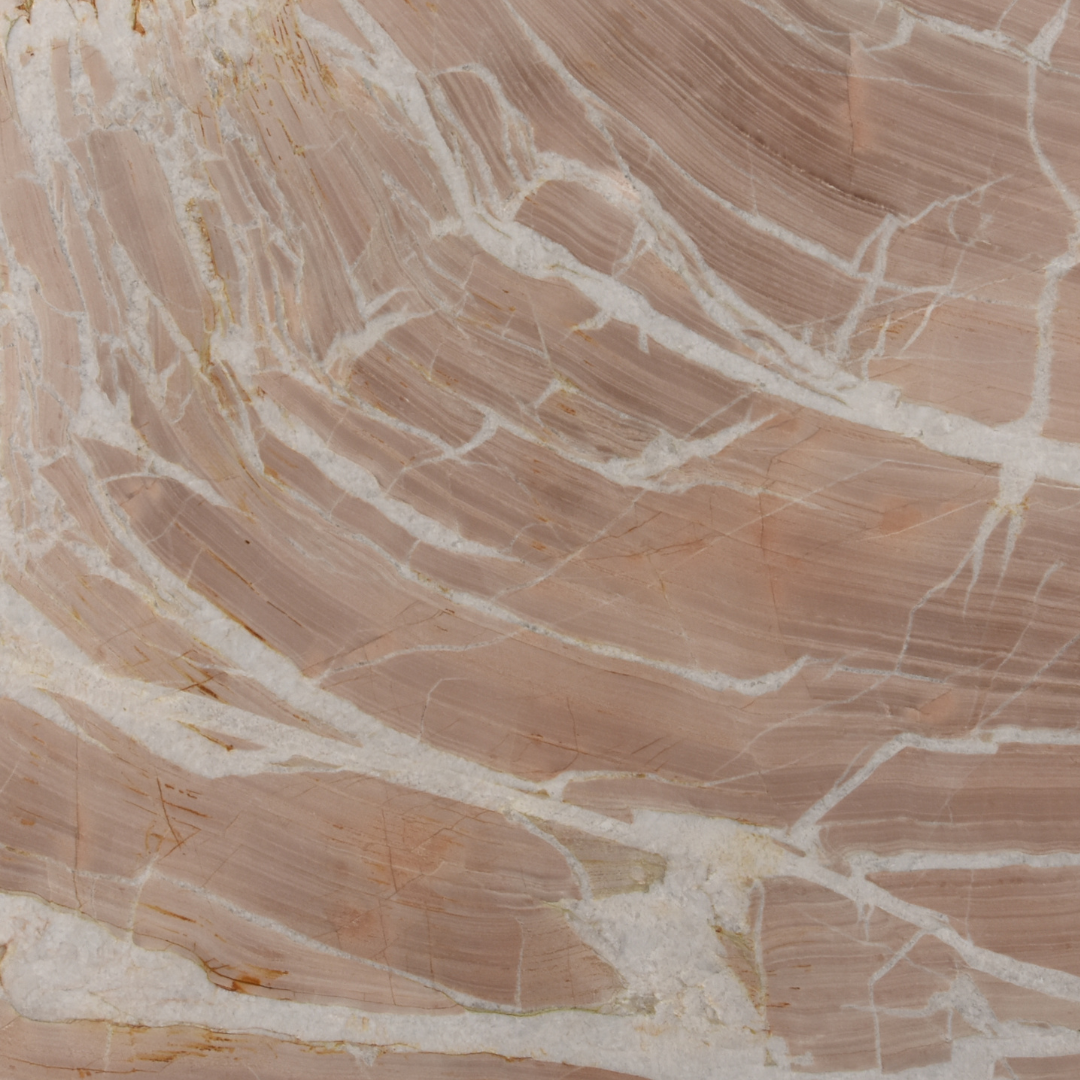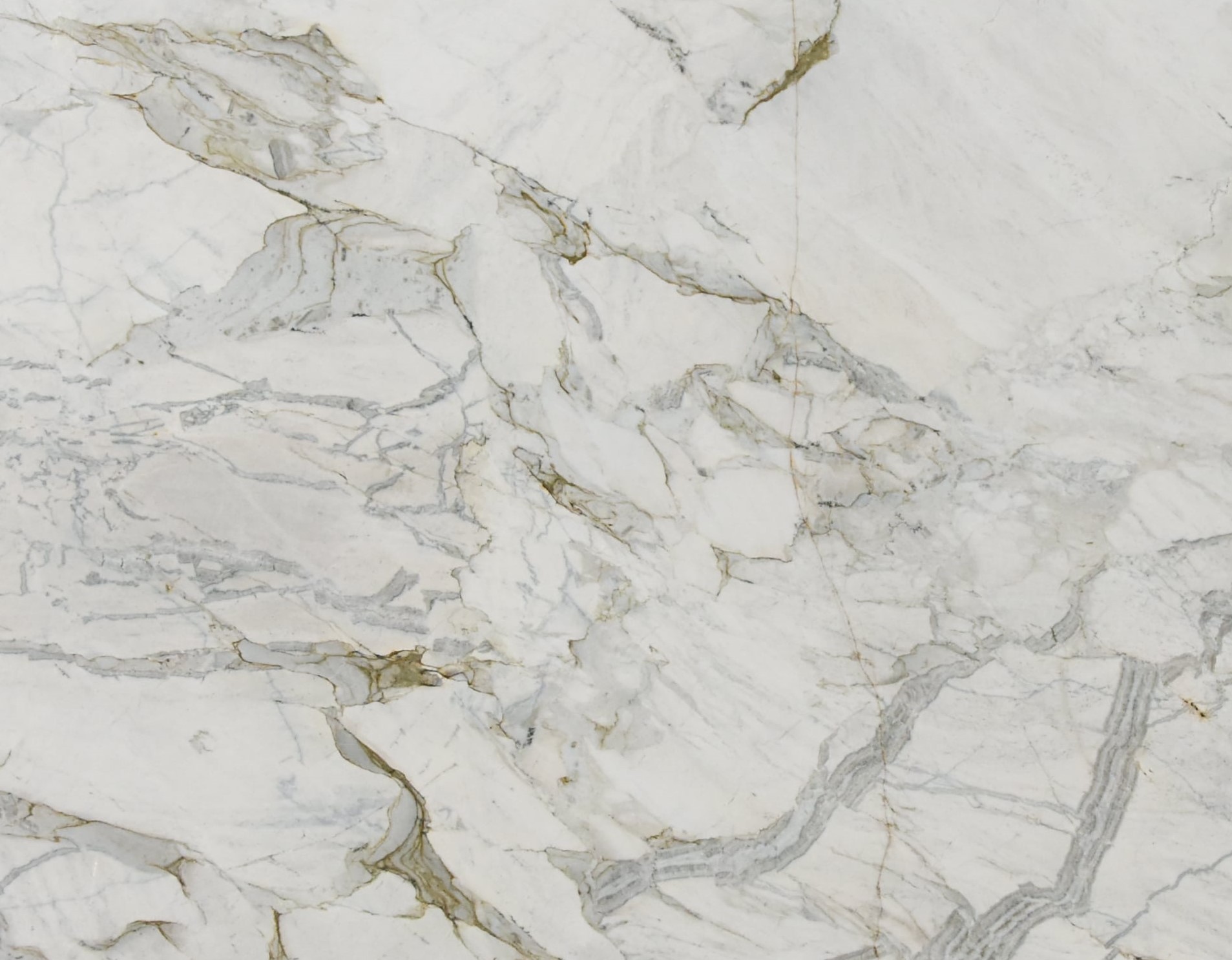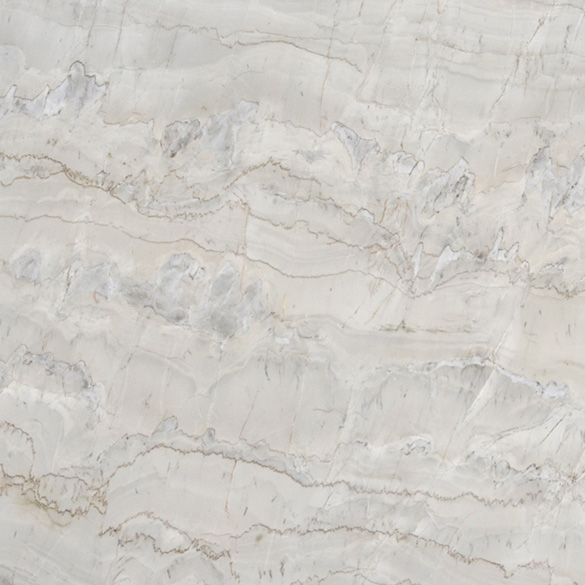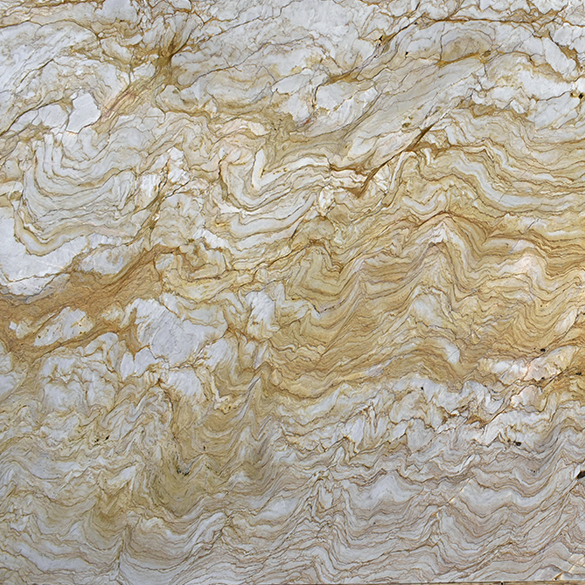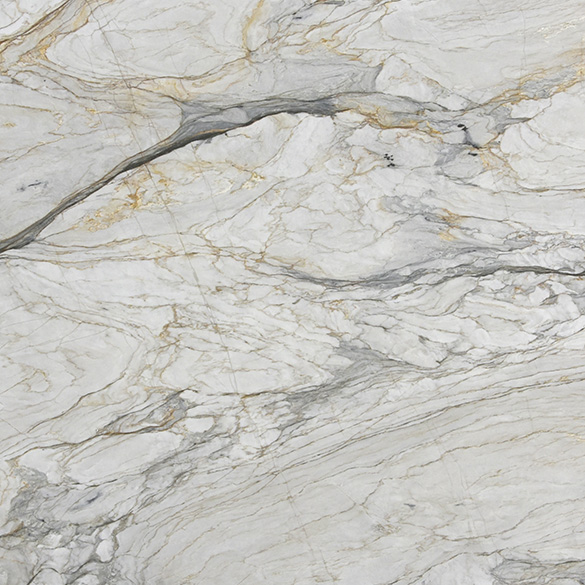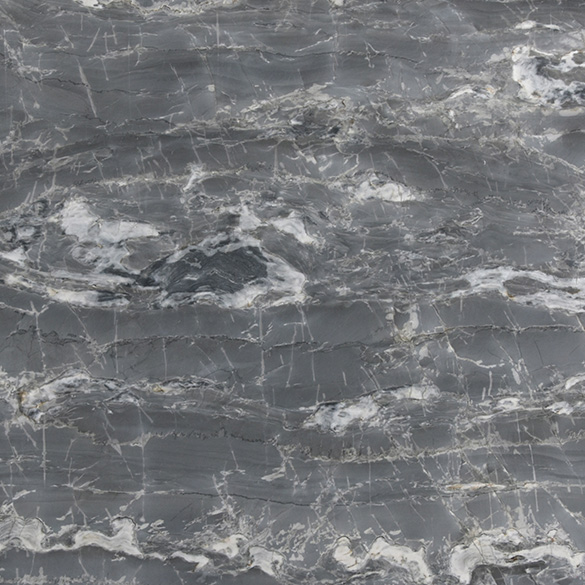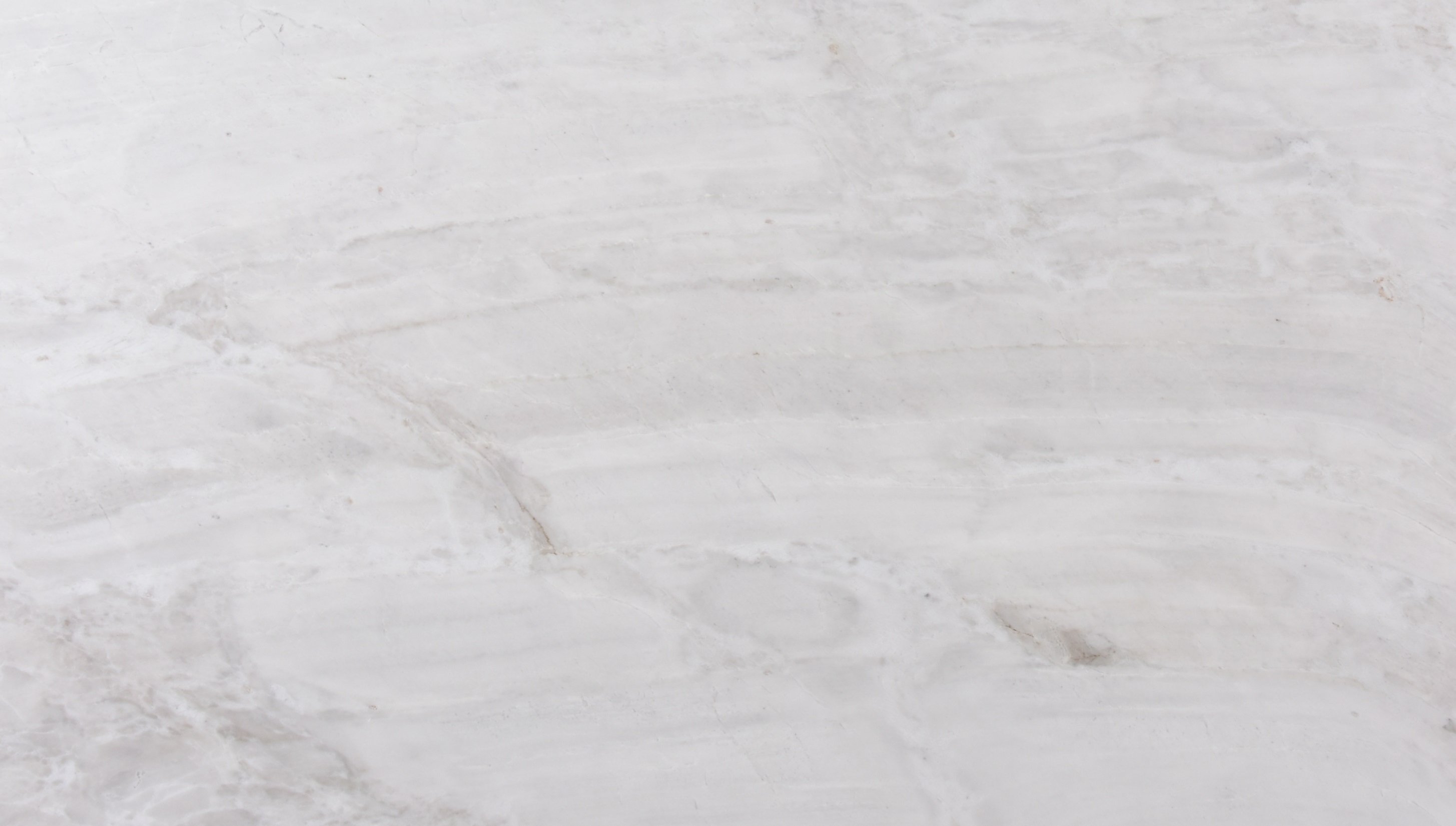
The importance of sustainable practices in caring for biodiversity
Concern and attention to the planet's various biomes and ecosystems are constant actions that affect our routine, even when we don't realize it. The idea that the Earth's resources are limited and must be preserved is a debate that demands everyone's attention. To celebrate the balance between the various forms of life, Biodiversity Day, which takes place on May 22, highlights the richness of flora and fauna, while at the same time warning us to use natural resources consciously and responsibly.
In this article, we present the value of this date and show how Decolores works to contribute to environmental preservation, respecting living beings and water in the ecosystems where the company operates. Join us in this reading.
Why do sustainable actions matter?
Brazil's wealth is manifested in its seven biomes: Amazon, Atlantic Forest, Cerrado, Caatinga, Mato Grosso Pantanal, Pampa and Coastal-Marine Zone. The diversity present is vast, but the threat of extinction is close to 1,253 species, according to the Chico Mendes Institute for Biodiversity Conservation (ICMBio).
When species of plants, animals and minerals disappear from an ecosystem, the tendency is for it to lose its balance, which has serious consequences for the whole world.
And what is Decolores doing to avoid or reduce this situation?
1. Durability and useful life of stone
One of the pillars of Decolores' institutional values is the intrinsic sustainability of stone, which is promoted through innovation, research and the development of solutions aimed at extending the life cycle of stone, avoiding the waste of various resources.
This sustainable approach contributes significantly to the preservation of biodiversity, as it seeks to use natural elements consciously and responsibly, minimizing the depletion and degradation of the environment.
2. Care from the purchase of blocks
In order to ensure that Decolores' rocks comply with current regulations, we rely on suppliers who certify the regularity of their quarries, which is a prerequisite for the purchase of blocks. In this way, we encourage partners, among other obligations, to protect water sources and respect legal reserve areas, joining forces for shared environmental responsibility and the preservation of the planet.
3. Responsible use of natural resources and waste reduction
During the industrial stone processing process, the seriousness continues by adopting other sustainable practices, such as:
- Destination of waste for reuse;
- Reusing the water used in cutting and polishing equipment;
- Training for process efficiency and reducing material losses;
- Adoption of clean energy sources;
- Procedures and technologies to prevent effluent contamination.
4. Study of sustainable methods and inputs
In order to optimize the useful life potential of stone, Decolores invests in a Research and Development (R&D) department dedicated to studying the composition of stone, carrying out tests and evaluations, and providing this information both internally and externally.
This area's mission is to improve processes, share knowledge and offer appropriate guidance on the use, installation and maintenance of stone.
With more than two decades of experience in this field, Decolores has been committed to contributing to the protection of biodiversity. Using advanced technology, care and a contemporary approach, it has made a name for itself in the market as a leader in quartzite processing.
Keep up to date with the latest news and follow Decolores' sustainable actions by following its official Instagram page: @decoloresoficial.
Related contents

Decolores: A new look at natural stones
Specialized in the quartzite production, a noble natural stone that is highly resistant to abrasion, the brand has become a forerunner of new trends for the national and international architecture market. In just over 20 years, Decolores has built itself up as a business that has innovation, technology, care and contemporaneity as intrinsic parts of its DNA, and is responsible for bringing a new, more poetic and plural look to the power of natural stone in architecture and interior design. Specialized in the production and sale of such elements, the company has made a name for itself in the trade by being a benchmark for the processing of quartzite, a more resistant type of stone that has ended up promoting innovation in the sector thanks to its great diversity of colors and designs. Because of its cutting-edge processes, the brand is considered a pioneer in the production of quartzite both in Brazil and worldwide. Having a modern industrial park that has diamond wire saws, an automated resin line, polishing machines and a handling system using block-carriers, which provides a higher level of safety and efficiency in handling, Decolores offers the market a product that, in addition to aesthetics, has standardized and controlled production processes, making finishing and reliability the predominant characteristics. The company has an in-house Research and Development (R&D) department, which carries out in depth studies of stones prior to the production process, preparing mineral analyses and determining the best way to handle them in a preventive manner. Their main activities include creating and keeping up to date standard process manuals for each material, monitoring their implementation and investigating the interactions between the raw material and the chemical inputs used. The company’s search to expand its product portfolio is also constant, always seeking to meet growing demand in a transparent manner, preserving good relationships with clients and partners, as well as incorporating the premises of sustainability, social responsibility and corporate governance as pillars of the business. Currently, the company also has an industrial park located in a 74 thousand sqm area in the city of Cachoeiro de Itapemirim, in Espírito Santo, as well as a branch in Serra, also in the state of Espírito Santo, which has allowed the state to become the largest natural stone processing center in Brazil. All this movement is a commitment taken on by Decolores to continue to be engaged and walking vigorously the great journey towards becoming a natural and organic choice for elegant, timeless and full of identity stones. Decolores www.decolores.com.br @decoloresoficial PRESS CONTACT Denise Delalamo Comunicação Customer Service: Ana Sant’Anna Contact: (11) 98536-7627 E-mail: [email protected] Customer Service: Gabriela Bardusco E-mail: [email protected]
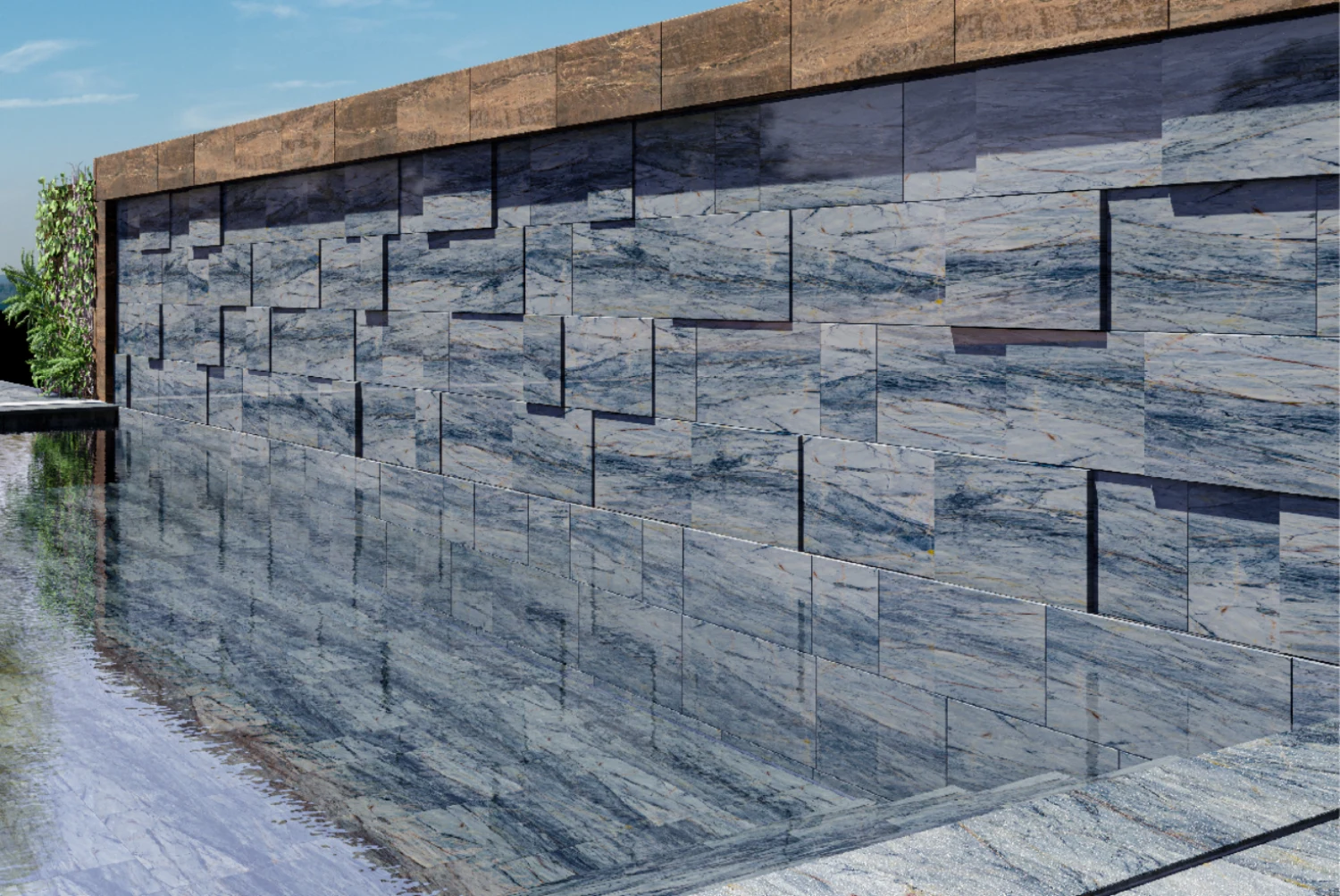
Natural Stones: Environmental Commitment in the Industry
Synonyms of sustainability, natural stones make all the difference in projects today. As fundamental as creating projects that truly facilitate people's daily lives is being attentive to issues involving environmental preservation. In this sense, the use of natural stones that are responsibly extracted by the industry plays a key role in unique works that contribute to sustainability. Throughout this content, you will learn the definition of natural stone, the advantages of natural stone, and why this type of cladding is a market favorite when it comes to reducing environmental impacts. Check it out! What are natural stones? Natural stones are geological materials formed over thousands or even millions of years through natural processes such as magma cooling, sediment compression, or recrystallization of other rocks. They are extracted directly from nature and used in various fields, such as construction and decoration. During their formation, natural stones can acquire various textures and tones that make each one valuable for different uses. According to the Brazilian Association of Technical Standards (ABNT), natural stones are natural stone materials used for internal and external cladding, such as architecture, decoration, furniture, or funerary art. How do stones form in nature? In summary, natural stones are formed through geological processes that involve the transformation of mineral materials. Additionally, they can be extracted and used without industrial processes that harm the environment. The formation of stones can occur in different ways, depending on temperature, pressure, and composition conditions. Thus, we can divide the formation of stones into three main types: magmatism, sedimentation, and metamorphism. Magmatism Igneous rocks are formed from the cooling and solidification of magma or volcanic lava. When magma rises to the Earth's surface, it cools and transforms into solid rock. If this process occurs slowly, within the Earth, the resulting rock tends to have large crystals, such as granite. Sedimentation These rocks are formed by the compression and cementation of sediments, i.e., broken rock fragments, minerals, and even plant and animal remains. These sediments accumulate in layers over time in environments such as rivers, lakes, or oceans. Over the years, the deeper layers compact and transform into rocks, such as sandstone and limestone. Metamorphism Metamorphic rocks are formed when existing rocks are subjected to high temperatures and pressure, causing changes in their composition. Marble, for example, is a metamorphic rock formed from limestone, which, when exposed to high temperatures and pressures, gains greater hardness and a unique texture. Classification of ornamental stones Ornamental stones are appreciated for their beauty, durability, and the unique texture they bring to environments. The main natural stones are marble, quartzite, and travertine, each with its own characteristics. Let's learn more about each of them! Marbles Formed by the transformation of limestone under high pressure and temperature, marbles are known for their elegance and unique veining. They are ideal for decorating luxury interior spaces, such as floors and countertops. Quartzites Resulting from the transformation of sandstone, quartzites are highly resistant and durable, making them perfect for kitchens and floors. Their finish can range from honed to polished, and their colors vary, including shades of white, gray, red, and more. Travertines Originating from the precipitation of calcium carbonate in hot springs, travertines have a surface with visible veins and holes and were even used in the construction of monuments, such as the Colosseum in Ancient Rome. Their colors range from beige to gold, and they are widely used in outdoor areas, such as floors and balcony walls, offering a cozy and rustic touch. Granites Formed by the cooling of magma, granite is a highly resistant natural stone. With a grainy texture, it is widely used for countertops, floors, and facades, comes in various colors, and is ideal for high-traffic areas. Where can natural stones be applied? Ornamental stones are widely used for cladding floors, walls, facades, countertops, sinks, stairs, fireplaces, monuments, and even sculptures. To ensure proper use, it is necessary to understand the characteristics of the stone, such as its maintenance, according to the environment where it will be applied. Thus, natural stones can be used in projects such as: commercial architecture, such as malls and offices; interior design, such as kitchen, bathroom, and living room cladding; funerary and religious art, such as tombstones; artistic sculptures, such as statues, among others. Construction materials vs. environmental impacts Given the effects of global warming and climate change, there has been increasing discussion about the importance of applying sustainable materials in construction processes. After all, the materials commonly found on the market undergo complex manufacturing processes. The production chain consumes many resources and emits large amounts of carbon dioxide into the atmosphere. Points like these reinforce the importance of companies using low-impact components, and natural stones are strong candidates on this list! The life cycle of natural stones Investing in natural stones is an excellent choice for contributing to a more sustainable world. And science proves this statement! A study by the German Natural Stone Association* compared the ecological performance of different cladding materials. The observation concluded that these materials are much more ecological than others. The study also found that the energy consumption costs for processing these stones account for only 3.3% of the production value. This is the lowest rate among all materials compared. In the category of impact on global warming potential (GWP), the production and use of natural stone pavements also stand out. The value found for these purposes is 27% lower than that of aggregates; compared to ceramics, the percentage reaches 74%. Natural stones and the environment: a commitment that spans generations You have certainly noticed that natural stones go far beyond being essential elements for creating beautiful and unique environments. Using natural stone ensures contributing to the reduction of environmental impacts, as stone is sustainable by nature and contains natural elements in its formation, such as cooled magma in the case of granite and sandy sediments in quartzite. Additionally, the extraction and production of these materials involve the recovery of mined areas, water treatment, and waste reduction. It is also worth noting that there is no emission of carbon dioxide into the atmosphere during production, as they do not undergo a burning process. Discover Decolores' products Choosing natural stones for your projects is synonymous with sustainability and originality! In addition to avoiding the use and spread of elements that harm the environment, you will be using beautiful materials with high resistance and durability. At Decolores, you will find the most incredible and modern patterns in natural stones. Want to explore the available products? Check out our complete catalog here! Also check out: Bronzite Quartzite | Ijen Blue Quartzite | Fusion Fascination Quartzite | Alabaster Travertine

Sustainable Benefits of Natural Stones in Civil Construction
Understand how natural stones are excellent sustainable cladding options for civil construction. Read here! Sustainability is already a constant topic across all sectors of society. When it comes to civil construction, it's no different. After all, this sector has the potential to contribute significantly to a more ecological future by minimizing environmental impacts and promoting sustainable social and urban development. In this context, civil construction can rely on specific materials to reduce environmental harm. This article focuses on natural stones, the star of today's discussion. Follow along and learn about the benefits they can bring to the environment when used in commercial or residential projects. Sustainability in Civil Construction Concern for the environment in civil construction became more evident with the emergence of sustainable architecture in the 1990s. At that time, the main goal was to significantly reduce the alterations to the natural environment caused by construction. Fortunately, this practice has become increasingly widespread and utilized. Today, there are various resources that can be employed to minimize the environmental impact. By investing in sustainable solutions, professionals in the field of civil construction, such as architects, engineers, and construction supervisors, for example, not only help preserve the surroundings but also contribute to people's quality of life. How can natural stones be a sustainable option for civil construction? The use of this material is not something new, but today, it has become a trend among civil engineering and architecture professionals, as it offers numerous advantages. When we talk about sustainability, rocks can optimize the use of natural resources since they possess various characteristics favorable to the environment. Furthermore, this sector is subject to extremely rigorous scrutiny by national environmental and mining control authorities. Next, let's explore the benefits of natural stones that make them an excellent sustainable alternative: High Quality Old villages in Western Europe, Machu Picchu, Greek and Roman constructions, pavements, and walls in many cities... There are numerous examples composed of rocks that remain well-preserved to this day. This demonstrates the high quality of this raw material, offering extreme durability. Ease of Cleaning Produced sustainably, natural stones are treated with specific products designed to protect the natural pores of the raw material and optimize its quality. This ensures even greater durability for the piece and makes maintenance more practical, using neutral and non-polluting products. Another notable aspect is the reuse of waste from natural rocks in the production of red ceramics, soda-lime glasses, or mortars. Even when removed from one location, rocks can be repurposed in other constructions. In fact, many engineering and architecture professionals turn to recycled materials to create distinctive and unique projects, aiming to reduce construction costs and minimize environmental impacts. Green Building Natural stones, as the name implies, are sourced from the natural environment, aligning with the concept of green building. The strategy aims to incorporate sustainable elements that reintroduce nature to urban areas, offering greater well-being and quality of life to people and reducing environmental impact. Thermal Comfort Another advantage is that natural stones provide thermal comfort to environments. In indoor spaces, they help keep the area cooler on hot days, reducing the energy consumption of air conditioning systems. They are also great for outdoor areas as they do not retain much heat and moisture. Invest in natural rocks and help preserve the environment As you can see, natural stones offer various benefits that not only contribute to environmental preservation but also bring advantages to people. Start investing in this material and create sustainable constructions with excellent added value.



